ADDRESS AT THE NATIONAL CENTRE FOR ADVANCED RESEARCH IN DISCRETE MATHEMATICS AND ALSO INTERNATIONAL CONFERENCE 'ORIGENE 2007', KALASALINGAM UNIVERSITY, VIRUDHUNAGAR DISTRICT, TAMIL NADU
05-01-2007 : Virudhunagar, Tamil Nadu
Impact of Gene Science in Societal Transformation
I am happy to participate in the inauguration of International Conference ?ORIGENE 2007? organized by the Kalasalingam University. I greet the organizers, bio-technologists, mathematicians, faculty members, students and delegates of the Conference both from India and abroad. Mathematics is borderless and today many experts in discrete mathematics are working on models for gene regulating networks, immune response to viral pathogens etc. Since, the Conference is titled ?ORIGENE? I would like to talk about the work of Dr. B.P. Pal a famous agricultural research scientist of India. He is acknowledged all over the world for developing rust resistant varieties of Wheat and different kinds of Roses. He is also known as ?Father of Roses in India?.
His visionary paper in 1934 titled ?Search for New Genes?, directed the development of Indian Agriculture Research System and resulted in the establishment of National Bureau of Plant Genetic Resources. Utilization of plant genetic resources for agricultural developments and quality food now has been well recognized.
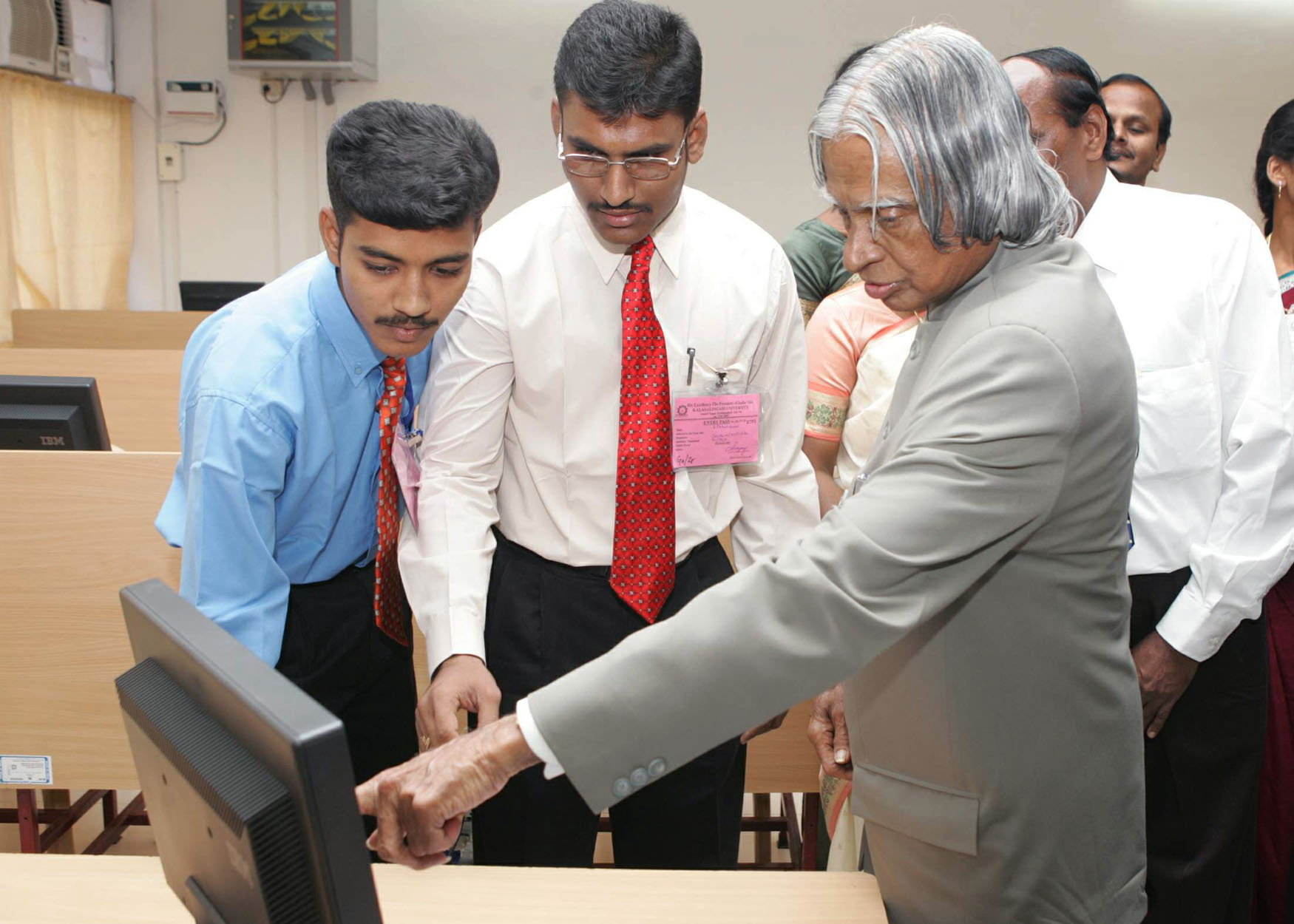
There is a nice book ?Consilience the Unity of Knowledge? by Edward O. Wilson which all the students must read. While preparing for this talk, I happened to find in that book question asked by the editors of science, celebrating the inauguration of the developmental biology by Wilhelm Roux a century earlier. They asked one hundred contemporary researchers in the field of biology to identify what they considered as crucial unanswered questions. The responses from the scientists were (1) the molecular mechanisms of tissue and organ development (2) The connection between development and genetic evolution (3) The steps by which cells become committed to a particular fate (4) The role of cell-to-cell signaling in tissue development and few more. These subjects are the study of research even today, I am sure this conference will throw some more lights on these topics. Now, I would like to share with you few thoughts on ?Impact of Gene Science in Societal Transformation?.
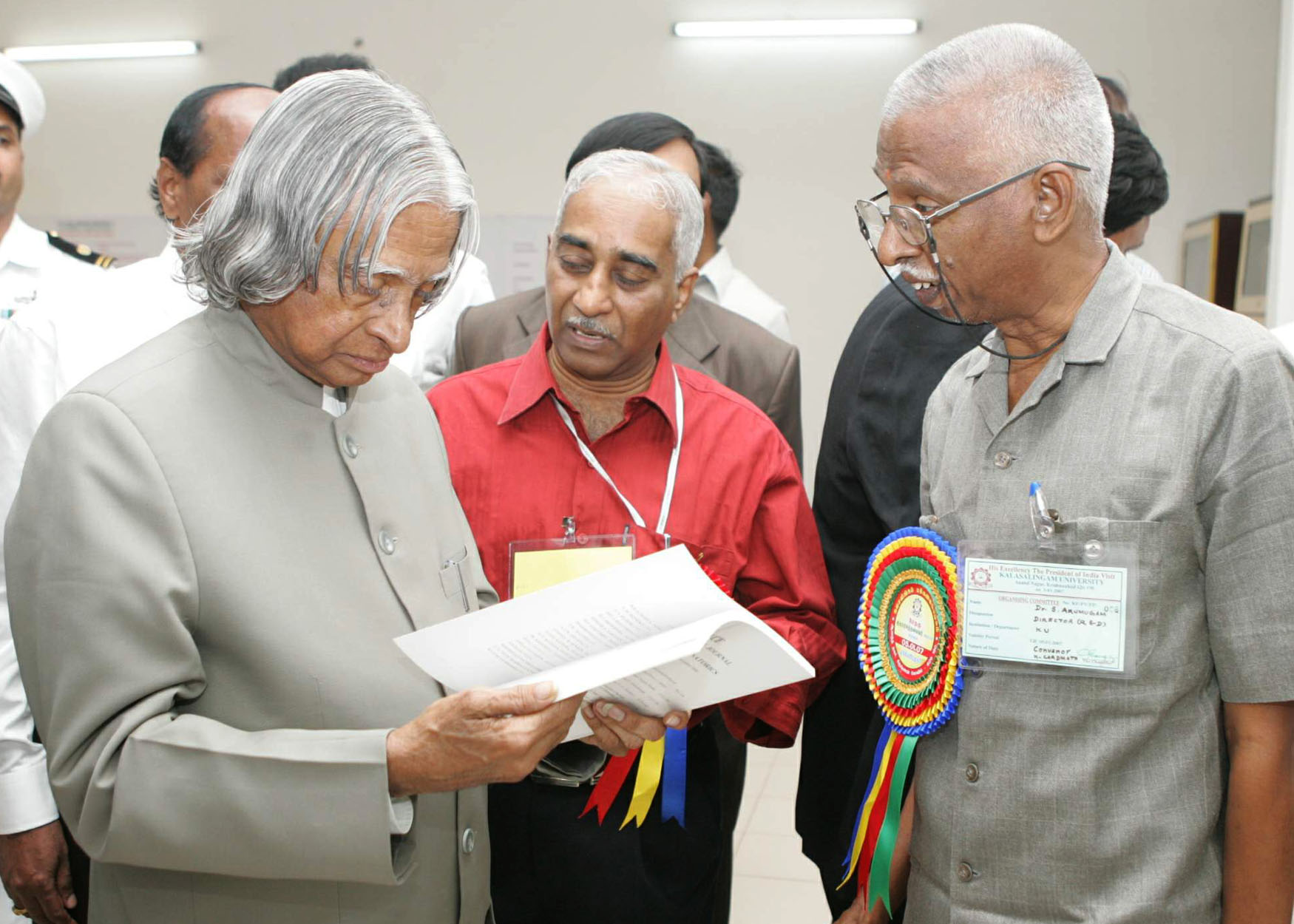

Present knowledge of Genes
There has been rapid progress in gene research and Genes can be located by using markers and also linear order of gene on the genetic material has been determined. Genes can be multiplied and can be arranged in a particular order. Complete genomes of several bacteria, plants, animals including human (human genome project) have been sequenced. Concept of conventional gene has been fine tuned with promoter, enhancer and suppresser. Chemical synthesis on genes with novel properties has become a common factor. Transfer of genes from one species to another has become possible. I feel research for 30,000 genes would have to results in proteomics studies, that is characterizing each gene, that is going to make a revolution in the healthcare sector.
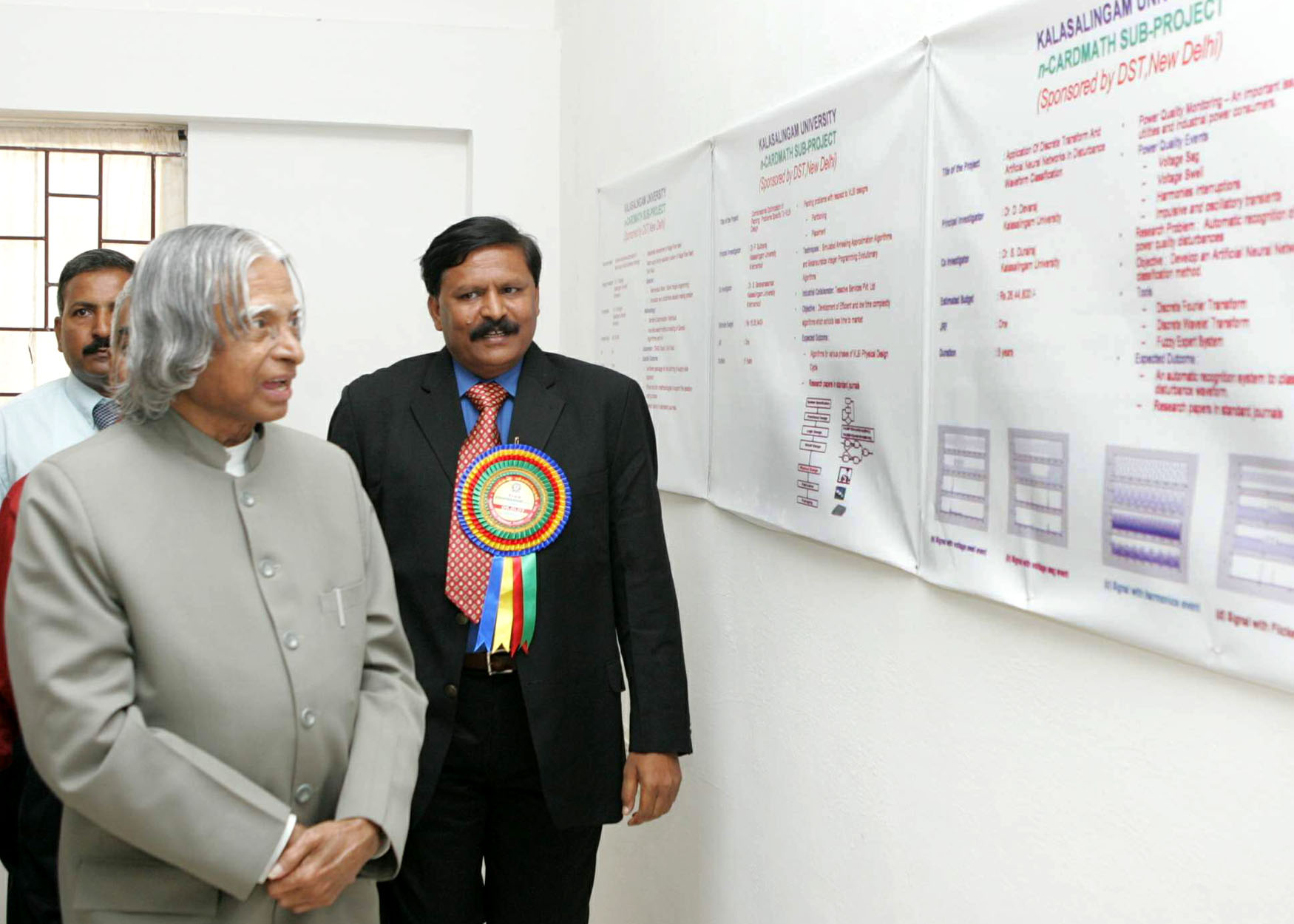

Research Areas
Now, I would like to suggest the young researchers gathered here to apply your minds to some of the following research areas:
1. Search for genes to develop crop varieties resistant to extreme climatic conditions, diseases and insects.
2. Modulate gene expressions to convert plants for producing useful proteins, therapeutic molecules, and nutritional composition.
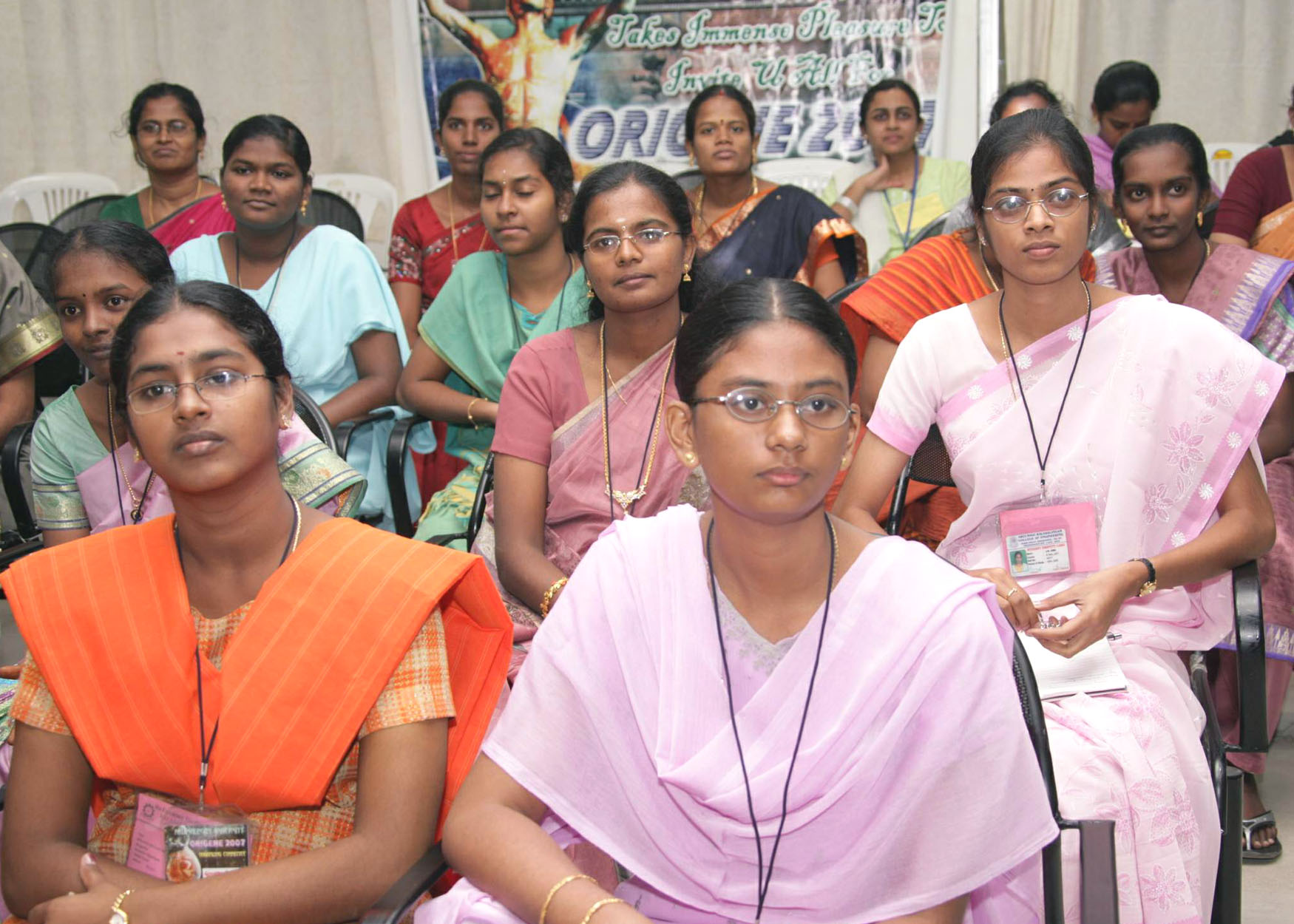
3. Increase in productivity and extension of shelf life of all agricultural and horticultural crops including flowers.
4. Develop Jatropha variety which can give minimum 3 kgs of seeds per plant per year having an oil content of 40% using gene science.
5. Development of designer crops.
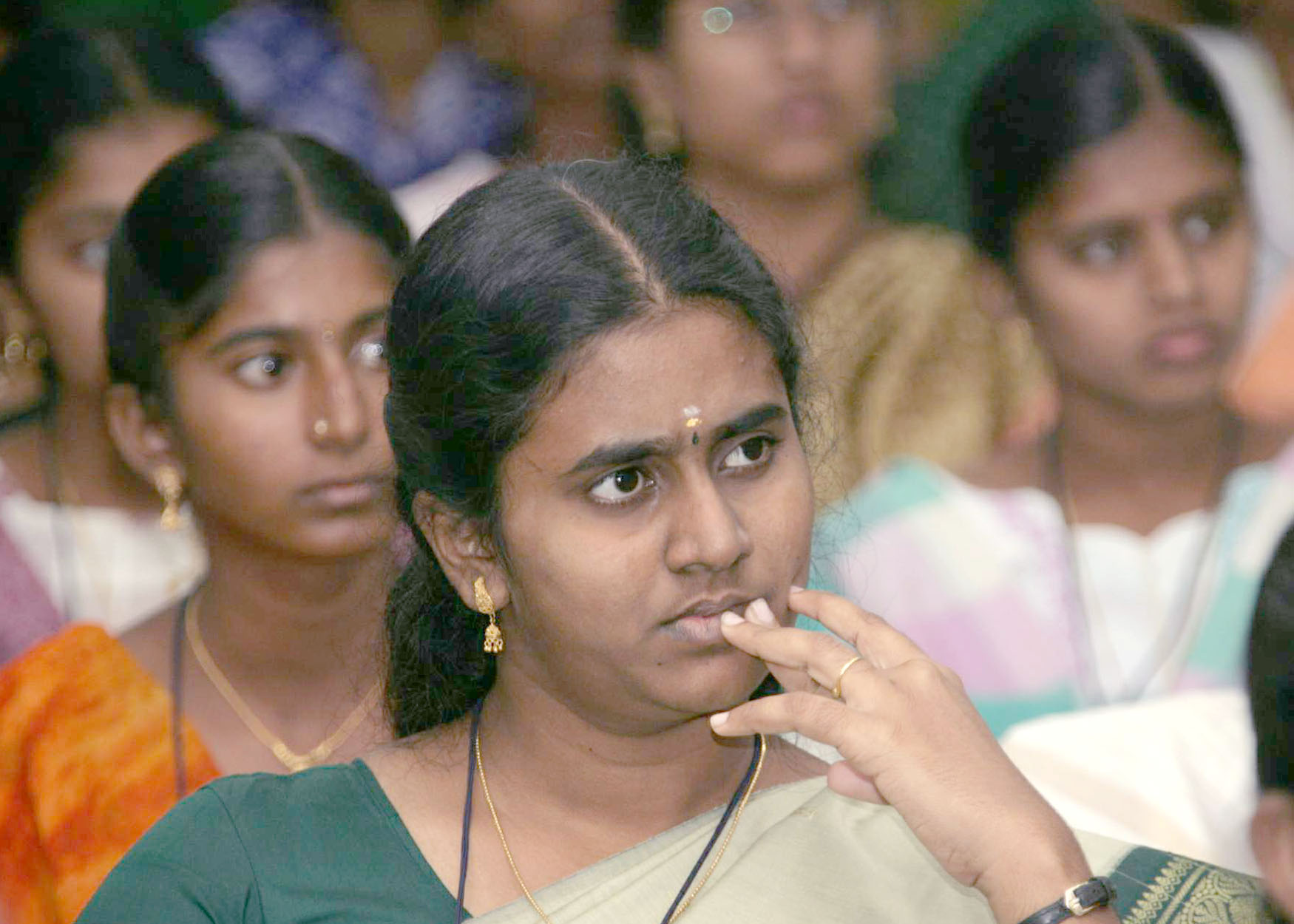
6. Exploitation of microbial gene in improving soil health and yield of products.
7. Making hill crops grow in plains and vice-versa.
8. Undertaking population genetics and gene expression studies in early onset of coronary artery disease in the Indian population.
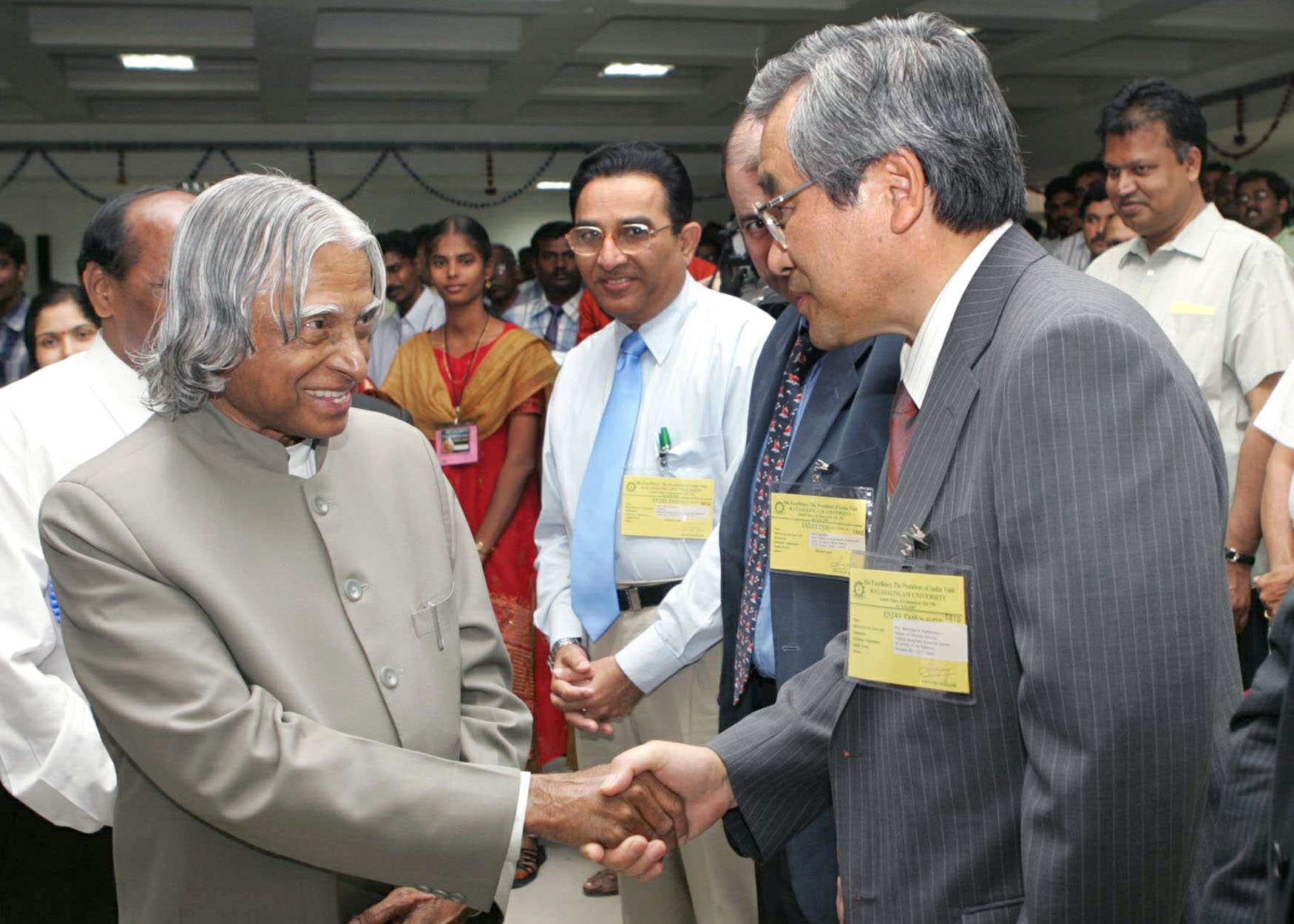
9. Carrying out detailed work among the children in southern India to recognize the genetic origin and manifestation of Cancer diseases.
10. Carrying out research in the formulation of genetically designed drugs for various diseases including glaucoma
11. Seaweed research carried out by Central Salt and Marine Chemicals Research Institute (CSMCRI), Bhavnagar has resulted in the unique plant nutrient. The bio-technologists assembled here may like to carry out further research to develop bio-fertilizers with standard properties.
With these words, I inaugurate the International Conference ?ORIGENE 2007? and wish the participants success in their mission of providing valuable bio-technology input for rapid societal transformation.
May God bless you.
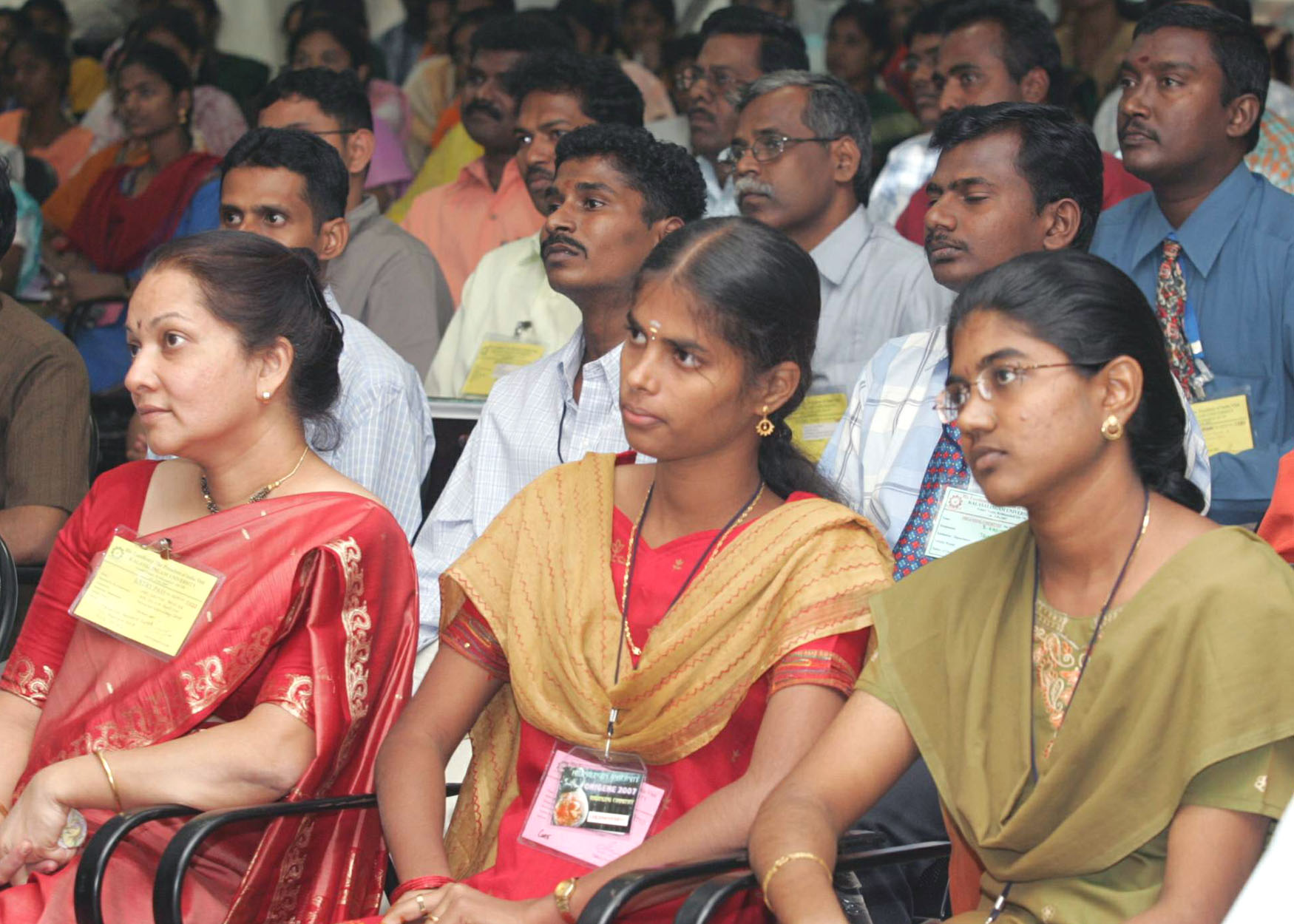
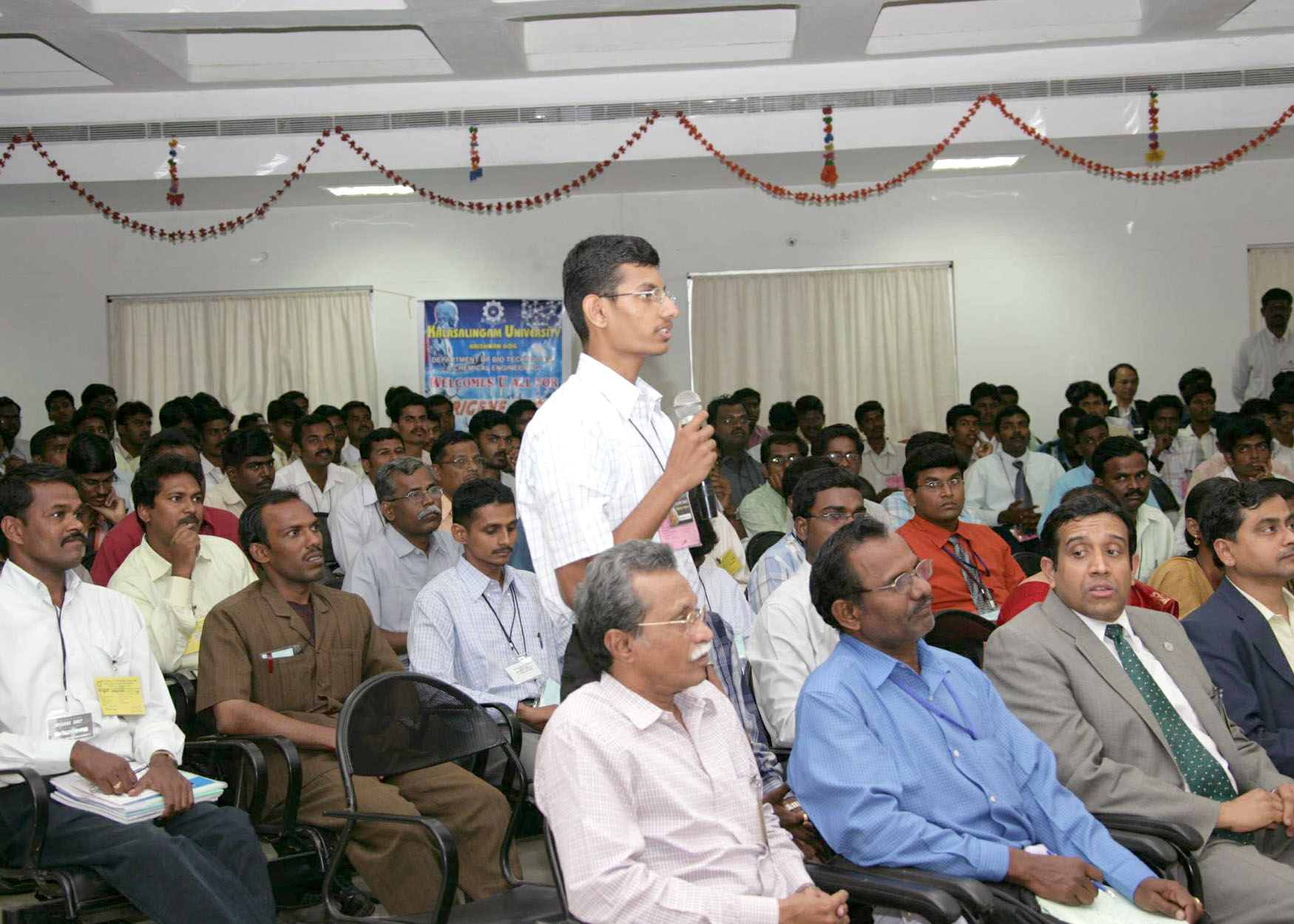
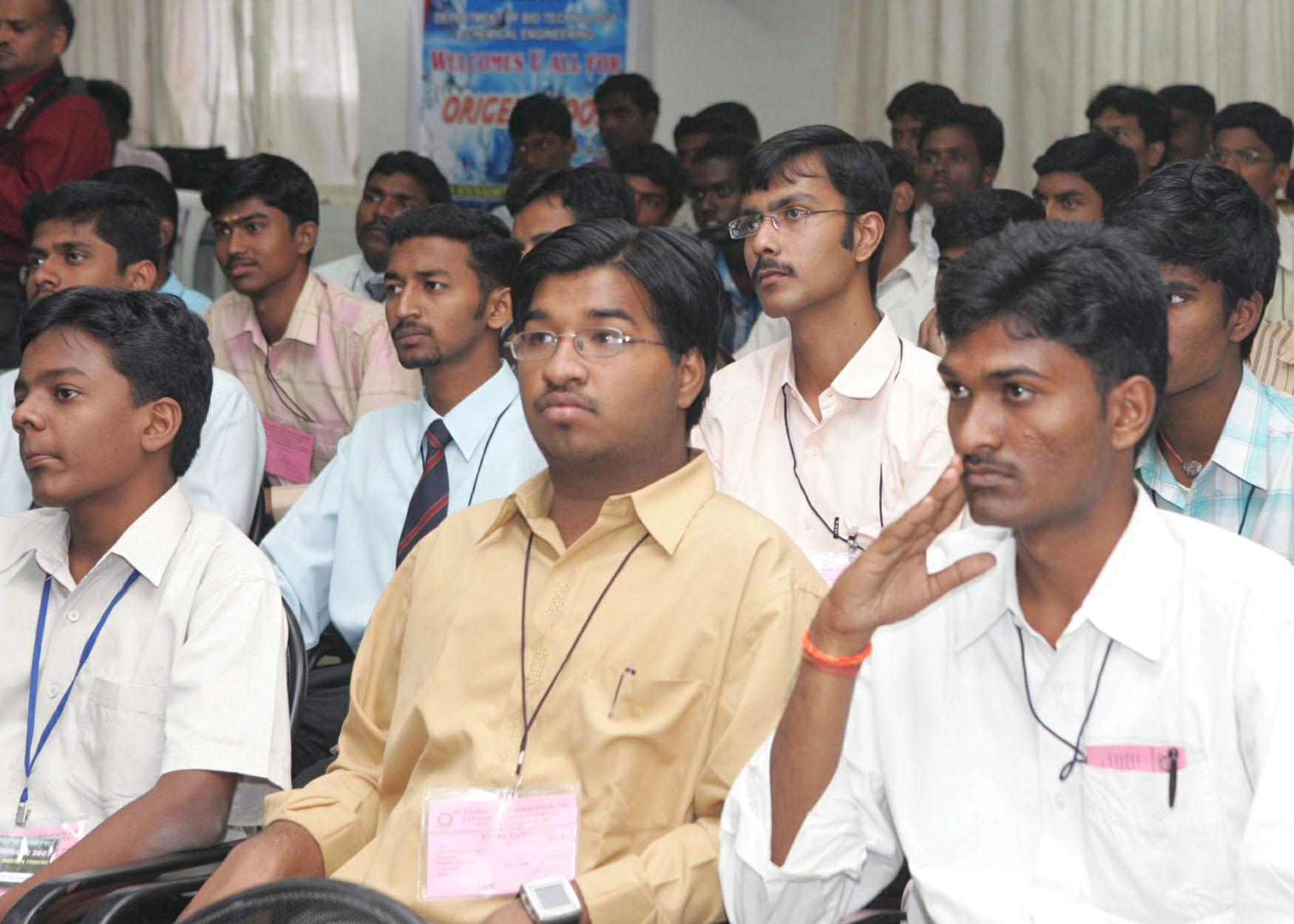
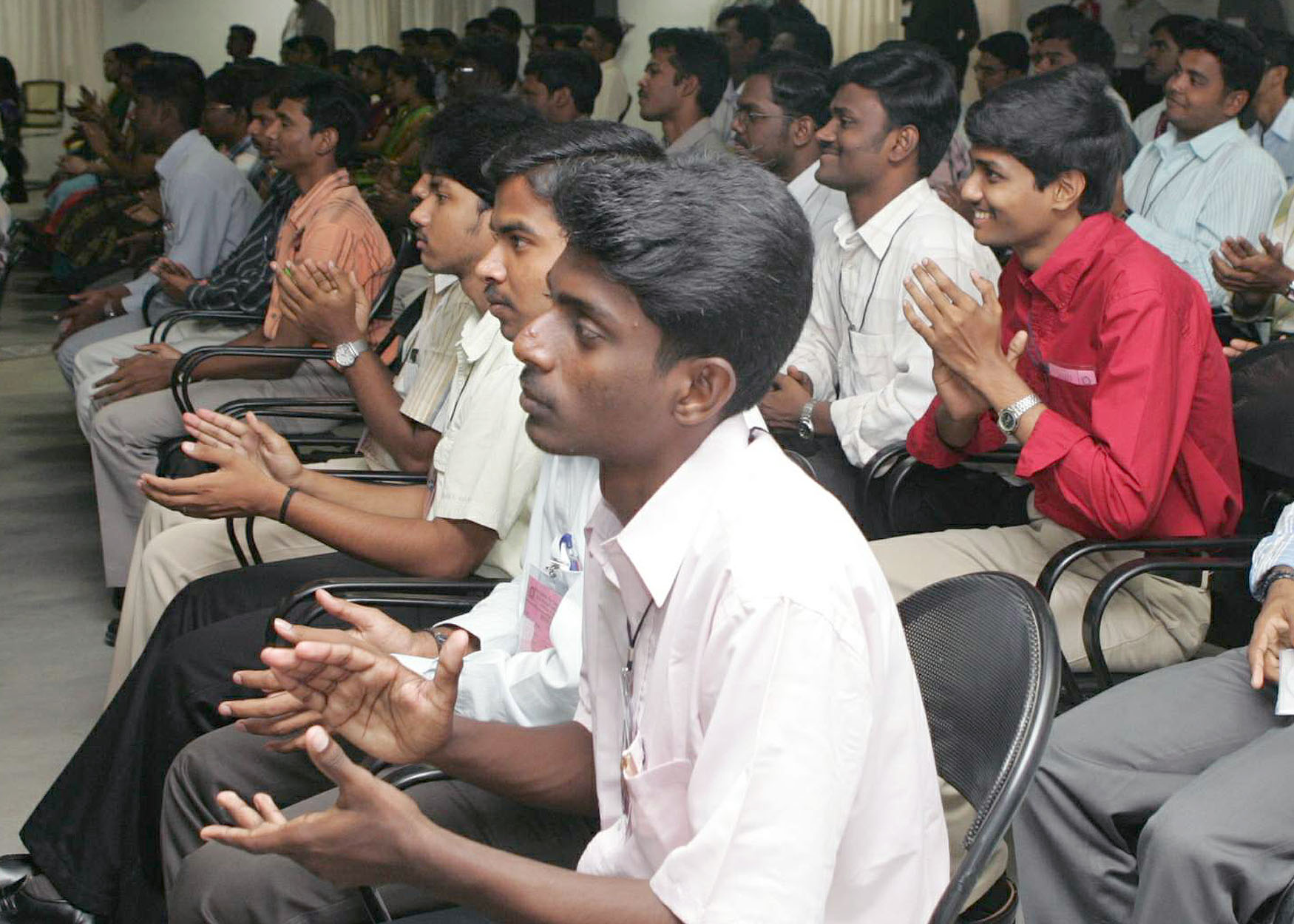
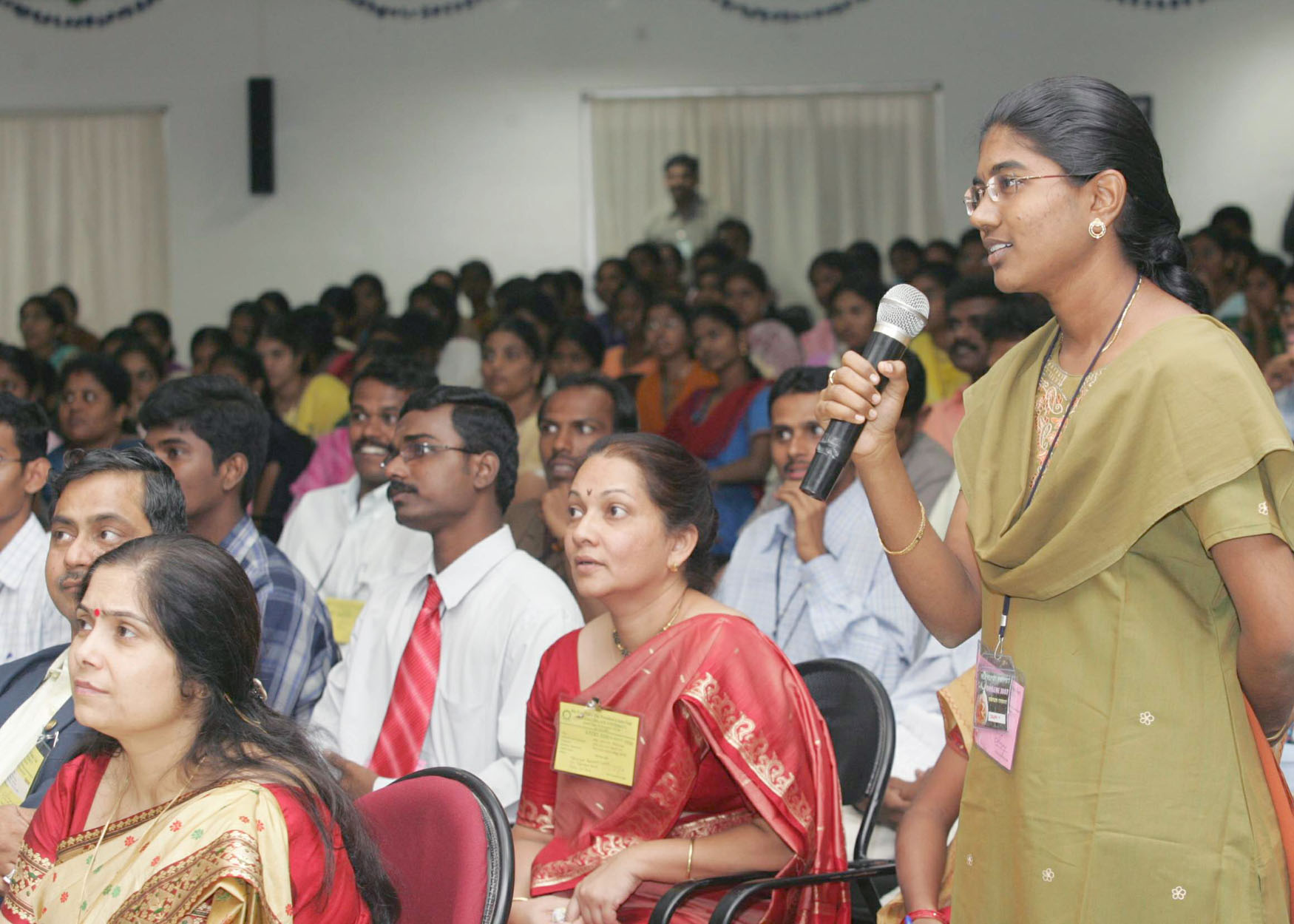
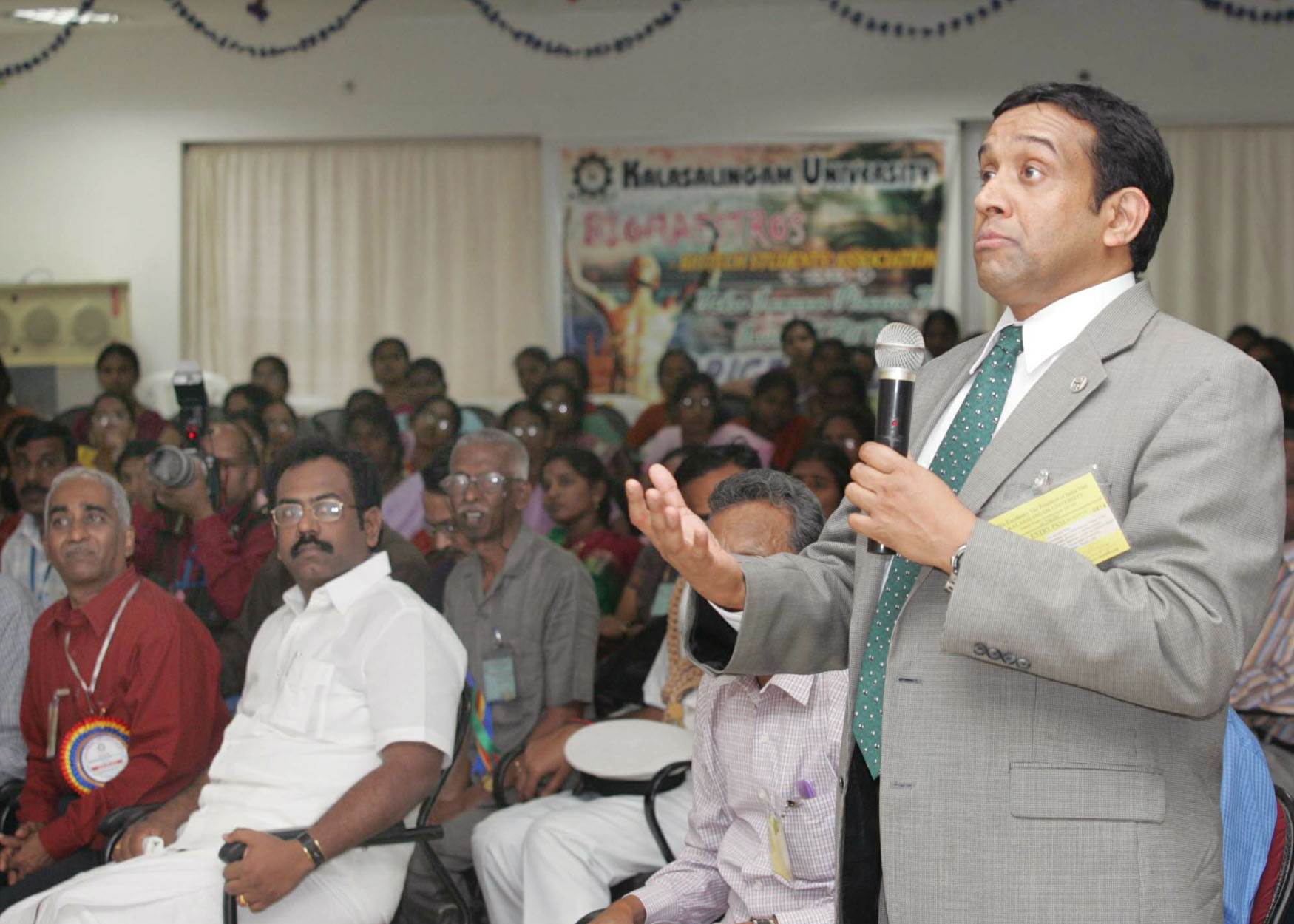
<<Back
|